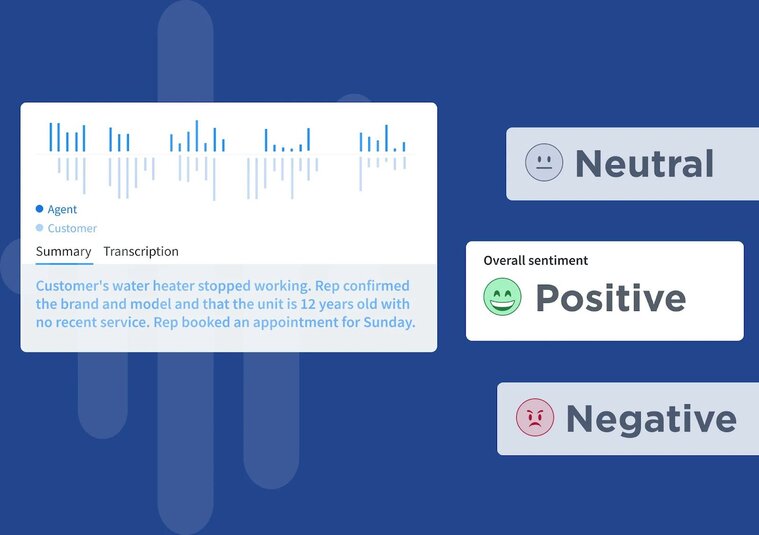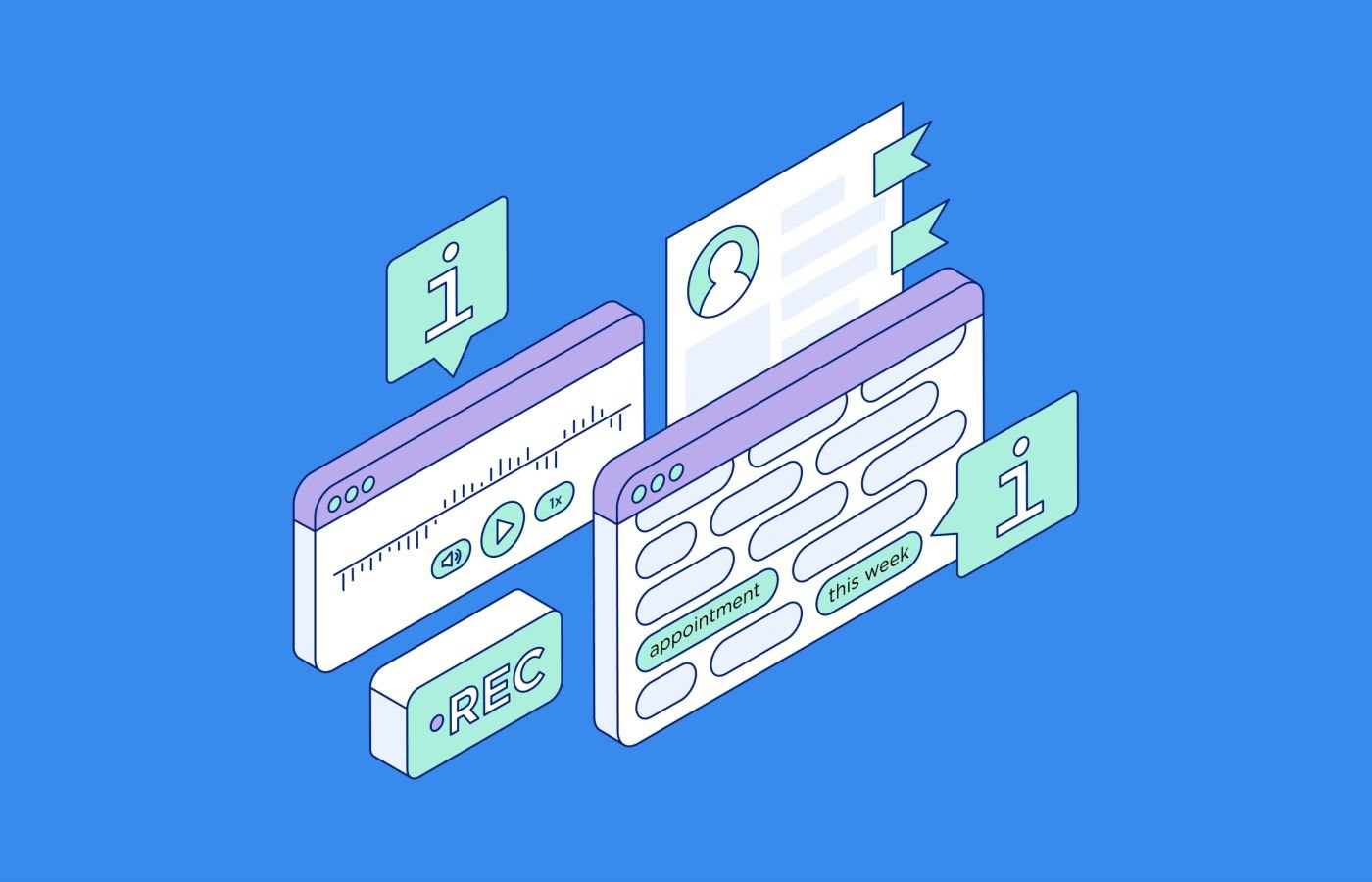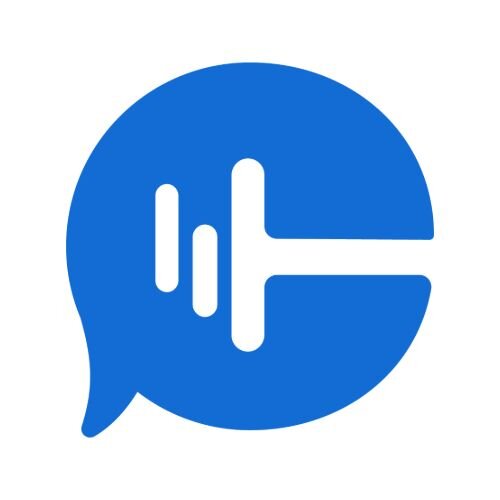The conversation around Artificial Intelligence (AI) has become divisive. Some say AI will take over and put people out of work. Others believe AI will create more jobs while helping humans become more efficient. There was only one way to get to the bottom of these arguments: go straight to the source.
So we asked AI, are you here to help or hurt? What they told us may surprise you.
But first, the truth is AI is already everywhere and has been for quite some time. Most of us already use it in our day-to-day lives: from voice assistants to navigation systems, smart locks, thermostats, and vacuum cleaners—the list goes on. These tools automate otherwise manual tasks to make our lives easier and save time.
Not long ago, AI applications were too complicated and expensive for small and medium-sized businesses (SMBs) to consider. Today, AI is accessible to everyone, and it’s already helping businesses of all sizes operate more efficiently and reduce human error. Most importantly, AI frees staff to refocus on business-building tasks, like delivering excellent service and closing your hottest leads.
So what’s the right call for your business? Should you embrace or avoid artificial intelligence? Here’s what ChatGPT and Google’s Bard had to say.
Will AI help small businesses?
Both bots agree there are plenty of opportunities: “SMBs can now leverage the power of AI to enhance their business operations and compete with larger corporations. AI technology has become more accessible and affordable in recent years, making it easier for SMBs to take advantage of its capabilities.” We agree. Here are a few ways AI can help.
Sales and Marketing
“AI-powered tools can help SMBs optimize their sales and marketing efforts,” says ChatGPT. We couldn’t agree more. Since 2016, CallRail customers have used insights from Conversation Intelligence® to automatically qualify leads, eliminate time-consuming call reporting, inform training for front-line sales reps, and even improve SEO and keyword bidding strategies.
Bard continues, “AI can be used to analyze data and identify trends that would be difficult for humans to spot… (it) can be used to collect and analyze customer data to create personalized marketing campaigns. This can help businesses reach their target audience more effectively and increase sales.”
Customer Service
“AI can automate customer service tasks, such as answering frequently asked questions (FAQs) and resolving simple issues,” according to Bard. “This can free employees to focus on more complex tasks and improve customer satisfaction.”
At CallRail, we just launched Premium Conversation Intelligence™ which adds AI-generated call summaries and call sentiment analysis to the suite’s capabilities. Recent technological advances made both features possible: they were built on an industry-leading speech recognition model and trained on 650,000 hours of voice data.

Conversation Intelligence uses AI to automatically create call summaries and surface the sentiment of each conversation.
“Chatbots are computer programs that simulate human conversation, allowing them to respond to customer inquiries or requests,” says ChatGPT. “By integrating chatbots into their website or social media platforms, SMBs can provide round-the-clock customer service without needing to hire additional staff.”
Additional AI applications for SMBs
ChatGPT points to AI-powered tools that “can help SMBs automate tasks such as invoicing, accounting, and financial forecasting. These tools can help SMBs streamline their financial processes, reduce errors, and save time and money on administrative tasks. By automating financial tasks, SMBs can focus on more strategic tasks such as business planning and growth.”
SMBs can also use AI to improve their cybersecurity. ChatGPT continues, “AI can be used to detect and prevent cyber threats such as malware, phishing, and ransomware. AI-powered security tools can also monitor network activity and identify unusual behavior that may indicate a security breach. By using AI-powered security tools, SMBs can protect their data and their customers’ data from cyber threats.”
Will AI hurt small businesses?
While ChatGPT thinks it’s possible that AI could hurt small businesses, it disclaims, “Whether AI will hurt small businesses or not depends on how it is implemented and used.” What are the potential negative impacts of AI on small businesses? Here’s what ChatGPT suggests—and where we disagree.
Job displacement
ChatGPT's take
Our take
“AI-powered automation can perform certain tasks more efficiently and accurately than humans, leading to the potential for job loss. This can be especially challenging for small businesses, as they often have fewer resources to retrain or reskill their employees.”
AI can also perform tasks that resource-strapped small businesses don’t have time to do well—or at all. As Bard told us, “AI can be used to automate tasks currently done manually, such as data entry and scheduling. This can free up employees to focus on more strategic tasks, and it can also help businesses save time and money.”
Increased competition
ChatGPT's take
Our take
“Businesses that adopt AI can gain a competitive advantage over those that do not. Small businesses that cannot afford to implement AI may struggle to keep up with their AI-powered competitors.”
The market is now flooded with affordable—and free—AI-powered tools, with even more on the horizon. Not only is AI significantly more advanced than it was a few years ago, there are also many easy points of entry (for example, ChatGPT and Bard both offer free tiers).
Technical expertise and cost
ChatGPT's take
Our take
“Implementing AI technologies can be complex and requires technical expertise. Small businesses that lack the necessary technical skills may struggle to implement AI effectively. AI can also be expensive to implement, particularly for small businesses with limited budgets. Implementing AI technologies may require significant upfront investment and ongoing maintenance costs.”
One of ChatGPT’s downsides is its intelligence is limited to 2021 data. As noted above, the state of AI accessibility has changed dramatically since then. Here, we wholeheartedly disagree.
Getting started with AI
If you’re interested in exploring AI for your business, you don’t have to go all in. Start small, then go big when it starts to realize its potential. CallRail offers several AI-powered tools that businesses of all sizes have relied on for years. They include marketing analytics and reporting, call routing, Conversation Intelligence, lead follow-up, and many more.
We also offer tools that let you create a unique phone number for each of your marketing channels so you easily track performance, set up call routing rules for your sales teams, and record and transcribe sales calls for coaching opportunities and quick insights into what your audience is interested in.
What do you have to lose? CallRail is an easy way to try AI free.










